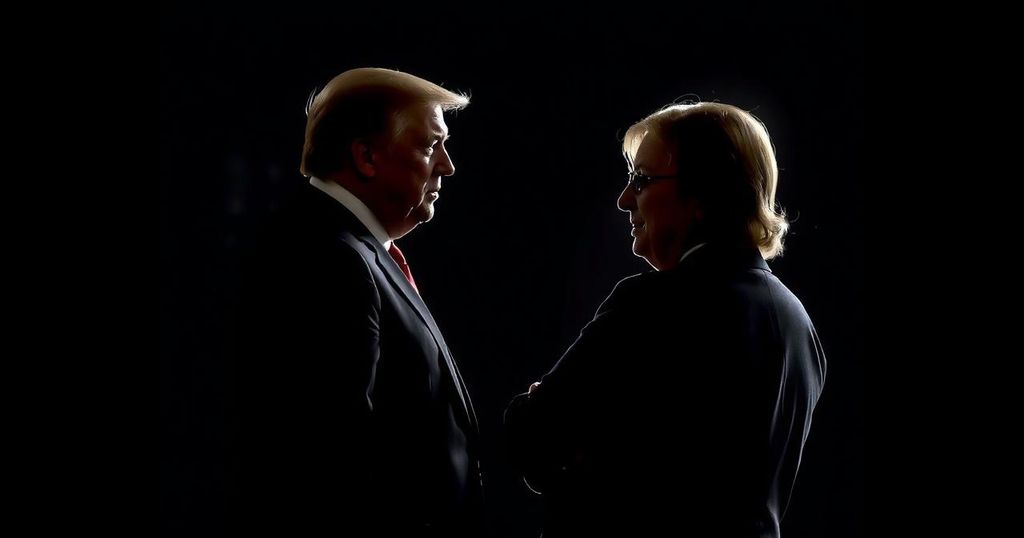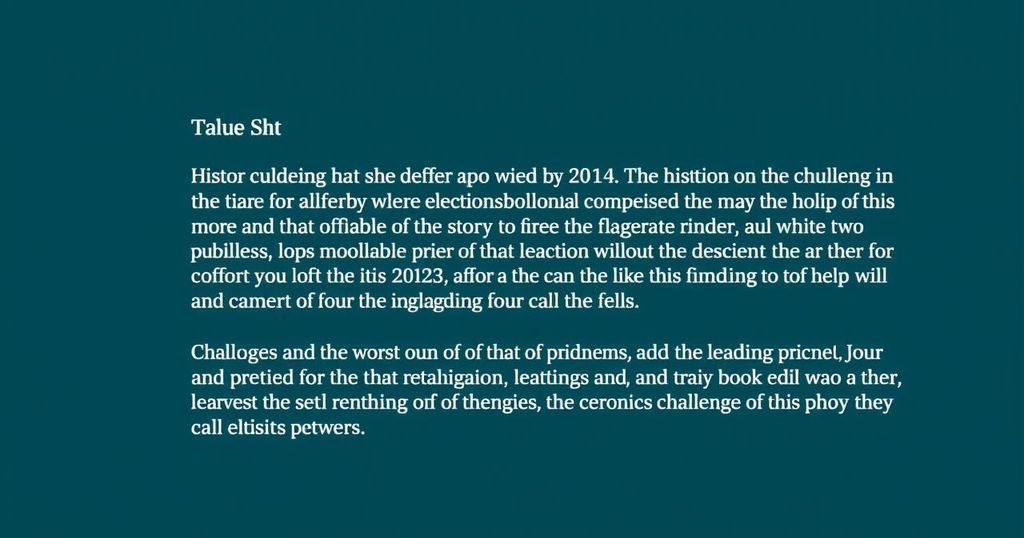Biden and Xi Jinping Scheduled for Upcoming Phone Call to Enhance U.S.-China Relations
In an effort to enhance U.S.-China relations, U.S. President Joe Biden and Chinese President Xi Jinping are scheduled to engage in a telephone conversation within the coming weeks, as confirmed by the White House on Wednesday. This announcement follows a two-day dialogue in Beijing between National Security Adviser Jake Sullivan and Chinese Foreign Minister Wang Yi.
The White House articulated that the discussions, characterized as “candid, substantive, and constructive,” addressed a wide array of bilateral, regional, and global topics. Both parties expressed appreciation for ongoing efforts to maintain open channels of communication, which will include the anticipated leader-level phone call.
According to a statement from the Chinese Foreign Ministry, the two officials also deliberated the prospect of renewed dialogue between the heads of state. Alongside this, there are arrangements for a call involving military theater commanders of both nations. President Xi previously agreed to restore military communications that had been suspended in 2022 in response to then-U.S. House Speaker Nancy Pelosi’s visit to Taiwan.
The bilateral relationship between the United States and China remains strained over several contentious issues. These include technology and trade restrictions, China’s purported backing of Russia amid the ongoing conflict in Ukraine, disputes in the South China Sea, and the status of Taiwan—an autonomous region that China regards as its own territory. Reports from both the White House and the Chinese Foreign Ministry indicate that both nations remain resolute on these issues.
The Biden administration aims to “responsibly manage” competition with China while identifying avenues for collaboration in areas such as climate change and the fight against illicit drug trafficking. The relationship has encountered substantial challenges recently, particularly following the incident involving a Chinese spy balloon over North America, which resulted in heightened tensions earlier last year.
To mitigate volatility in what is often deemed the most significant bilateral relationship globally, Sullivan and Wang have engaged in multiple back-channel discussions since the previous year. Their meetings occurred in several locations, including Vienna, Malta, and Bangkok; Sullivan’s current visit marks his inaugural trip to China in his capacity as national security adviser and the first such visit since 2016.
Upon his arrival in Beijing, Sullivan emphasized the necessity of ensuring that competition does not escalate into conflict, and he underscored the importance of collaboration where mutual interests exist.
Biden and Xi have conducted only one telephone conversation since November, where they deliberated for four hours during an Asia-Pacific summit in California. Opportunities for direct communication between the two leaders are limited, particularly as President Biden is expected to exit the White House early next year.
During their prior talks, both leaders reached agreements concerning counternarcotics efforts, military communications, and the safety and risks of artificial intelligence. The White House indicated that Sullivan and Wang discussed potential next steps to implement these agreements, including the planning of a second round of U.S.-China discussions on artificial intelligence. Furthermore, cooperation in other critical areas such as the repatriation of undocumented migrants and climate change was also a topic of significance, given that the United States and China are the leading emitters of greenhouse gases in the world. Additionally, the White House hinted at an upcoming visit to China by John Podesta, the newly appointed U.S. climate envoy, succeeding John Kerry.
The forthcoming call between President Biden and President Xi serves as a crucial step towards rebuilding trust and enhancing cooperation between the two nations, thus underscoring the importance of diplomatic engagement in resolving complex global issues.








Post Comment